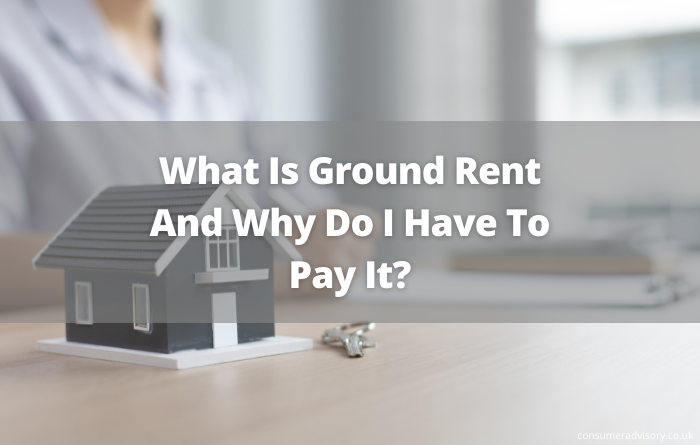
What is ground rent? Ground rent is something that you’ll need to pay if you live in a leasehold property. It is a payment that a leaseholder makes to the freeholder of a property, essentially paying to rent the land off the freeholder. The amount of ground rent is generally stated in the lease agreement.
In this article, we’ll tell you everything you need to know about ground rent, from who needs to pay it to what could happen if you don’t pay your ground rent when it’s due.
The purpose of ground rent is to provide the freeholder with a regular income from the leasehold property. It’s important to remember that, as a leaseholder, you don’t own the property outright – you only have a long-term lease on it.
In return for paying ground rent, the leaseholder gets to live in the property for a set period of time – usually up to 999 years. At the end of the lease term, the property will generally revert back to the freeholder unless you’ve arranged to extend your lease or buy the freehold outright.
As we’ve mentioned, ground rent is a payment made by leaseholders to freeholders. So, if your property is leasehold, you’ll need to pay ground rent to the freeholder of the lease.
The most common example of where you’d need to pay ground rent is if you own a flat. In this case, you’ll usually have to pay ground rent to the owner of the building, even though you own the flat itself.
Ground rent can also be payable on some older properties, as well new build properties. It all depends on whether your property is leasehold or freehold.
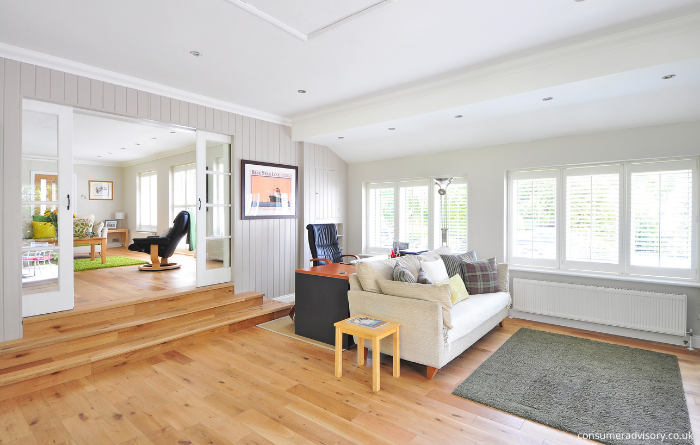
To understand ground rent, it’s important to know the difference between leasehold and freehold properties.
Freehold ownership means that you own both the property and the land it is built on outright. So, if you own a freehold property, you won’t have to pay ground rent as you own both the property and the land.
Leasehold ownership means that you own the property, but not the land it is built on. In this case, you’ll need to pay ground rent as you’re essentially renting the land from the freeholder.
If you don’t pay your ground rent when it’s due, the freeholder can take action against you. This could include:
No, ground rent and service charges are not the same thing.
A service charge is a regular payment that you’ll need to make if you live in a leasehold property with communal areas, such as a block of flats. The money is used to pay for the upkeep of communal areas, such as gardens, lifts and security.
Ground rent, on the other hand, is a payment made by leaseholders to freeholders for the right to live on the land.
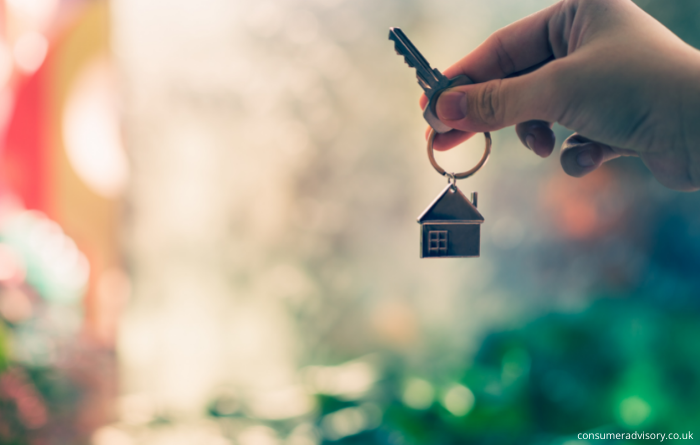
No, ground rent and rent are not the same thing.
Rent is a regular payment that you’ll need to make to a landlord for the right to live in a property. Ground rent is a payment made by leaseholders to freeholders for the right to live on the land.
As we’ve mentioned, if your property is leasehold, you’ll need to pay ground rent to the freeholder. If you don’t pay your ground rent when it’s due, the freeholder can take legal action against you, which could result in you being evicted from the property.
Unfortunately, there is no straightforward answer when it comes to how much your ground rent will be. This can range from £1 a year, right up to hundreds or even thousands of pounds each year.
The best way to find out how much your ground rent is is to check your lease agreement. If you’re unsure of what’s included in your lease agreement, it’s always best to speak to a solicitor for guidance.
If you’re considering buying a leasehold property, it’s important that you ask how much the current owners pay for their ground rent, as well as how long is left on the lease agreement.
Again, this will depend on your lease agreement. Some leases will state that ground rent is payable once a year on a set date, whilst others may be a monthly payment. It’s best to check your lease agreement for full details.
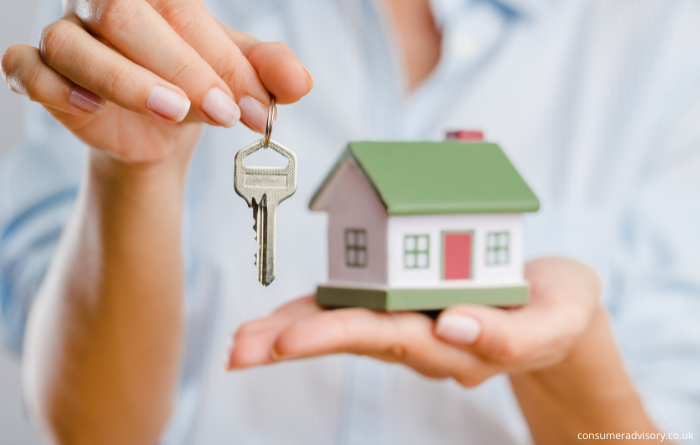
Yes, in some cases, your ground rent can increase.
For example, if your lease agreement states that your ground rent will increase every 10 years, then you’ll need to pay the increased amount when it’s due.
Some leases also state that the ground rent can be increased if the value of the property goes up. In this case, you may be asked to pay a higher amount of ground rent if the property is sold for more than the original purchase price.
If you own a leasehold property and you’re not happy with paying ground rent, you may be able to buy the freehold.
This means that you’ll own both the property and the land it is built on outright and you won’t have to pay ground rent anymore.
However, buying the freehold is not always possible. For example, if the freeholder doesn’t want to sell or if they are not contactable.
If you’re thinking of buying the freehold, it’s important that you seek legal advice first as there are a number of things to consider, such as:
The process of buying the freehold can be complex, so it’s always best to seek legal advice before proceeding.
There’s no right or wrong answer when it comes to whether you should buy a leasehold or freehold property. It really depends on your personal preferences.
Some people are happy to buy a leasehold property as long as the lease is long. For example, if the lease on your property is 200 years, you will never experience the issue of your lease expiring and your property returning to the freeholder, so the lease is unlikely to cause you any problems.
However, other people would prefer to avoid leasehold properties altogether as they don’t like the idea of paying ground rent. It’s really down to personal preference and it’s important that you consider all the pros and cons before making a decision.
If you’re still not sure whether leasehold or freehold is right for you, it’s always best to seek legal advice.
If you own a leasehold property, you may be able to rent it out. However, there are a few things to consider first, such as:
It’s important to seek legal advice before renting out a leasehold property as there are a number of things to consider.
Yes, ground rent is still legal in England and Wales.
However, there have been calls for it to be abolished as some people believe that it’s an unfair way of charging leaseholders. The government has said that it’s looking into the issue and will make a decision on whether or not to abolish ground rent in the future.
In the meantime, if you’re thinking of buying a leasehold property, it’s important that you understand how ground rent works and what your rights are before proceeding. If you’re not sure whether ground rent is right for you, it’s always best to seek legal advice.
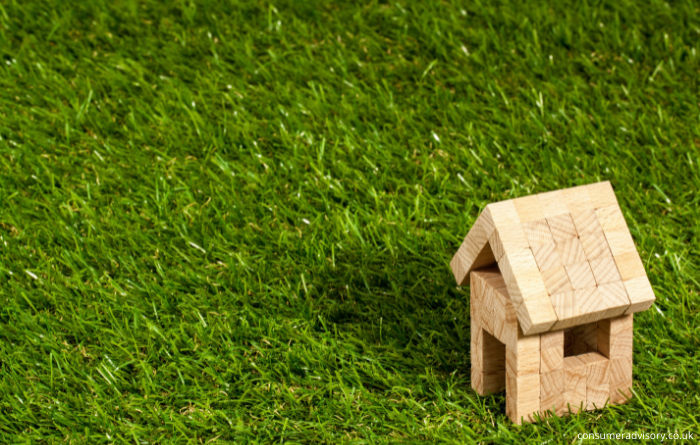
A leasehold is an interest in land that gives the tenant the right to live in or use the property for a set period of time. Leaseholds are the most common type of ownership for flats in England and Wales, but you’ll also find leasehold on older properties, as well as new builds.
If you’re thinking of buying a leasehold property, it’s important that you understand how ground rent works and what your rights are before proceeding. If you’re not sure whether leasehold is right for you, it’s always best to seek legal advice.
There are a few disadvantages of owning a leasehold property, such as:
If you’re thinking of buying a leasehold property, it’s important that you understand all the disadvantages before proceeding. If you’re not sure whether leasehold is right for you, it’s always best to seek legal advice.
Ground rent is a charge that you have to pay to the freeholder of your leasehold property. You’ll need to pay ground rent even if you own the property outright, as it’s a condition of your lease agreement.
The amount of ground rent you have to pay will depend on a number of factors, such as the length of your lease and the location of your property. You may be able to buy the freehold of your property, which will give you the right to live in the property for as long as you want, without having to pay ground rent. However, the process of buying the freehold can be complex, so it’s always best to seek legal advice before proceeding.
In this article, we’ve answered the question ‘what is ground rent?’, as well as answering some of the most commonly asked questions about leasehold properties.
Copyright © 2025 Consumer Advisory. All rights reserved.